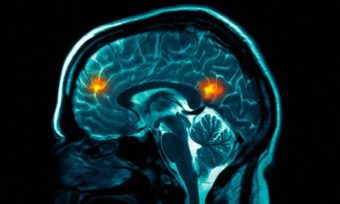From The Guardian: Conceptualizing emotional distress or suffering as the result of a biological, genetic illness may be stigmatizing and inaccurate, and may lead to the use of harmful or ineffective treatments.
“There is an implicit suggestion here that mental health problems have to be viewed as being equivalent to physical illnesses if they are to warrant society’s care and funding. This may inadvertently cement prejudice, given the contested nature of mental illness. Mental health problems are no less real, no less disabling, for occupying a peculiar space between inner and outer, meaning-making and meltdown, the inner world and the environments that shape us.
Rather than clumsily trying to squeeze people’s distress into different boxes, and attempting to convince the public that these reflect illness processes, as with flu or cancer, we must shift our focus to one that validates the lived experience of people who are suffering, however they choose to understand their pain.”















